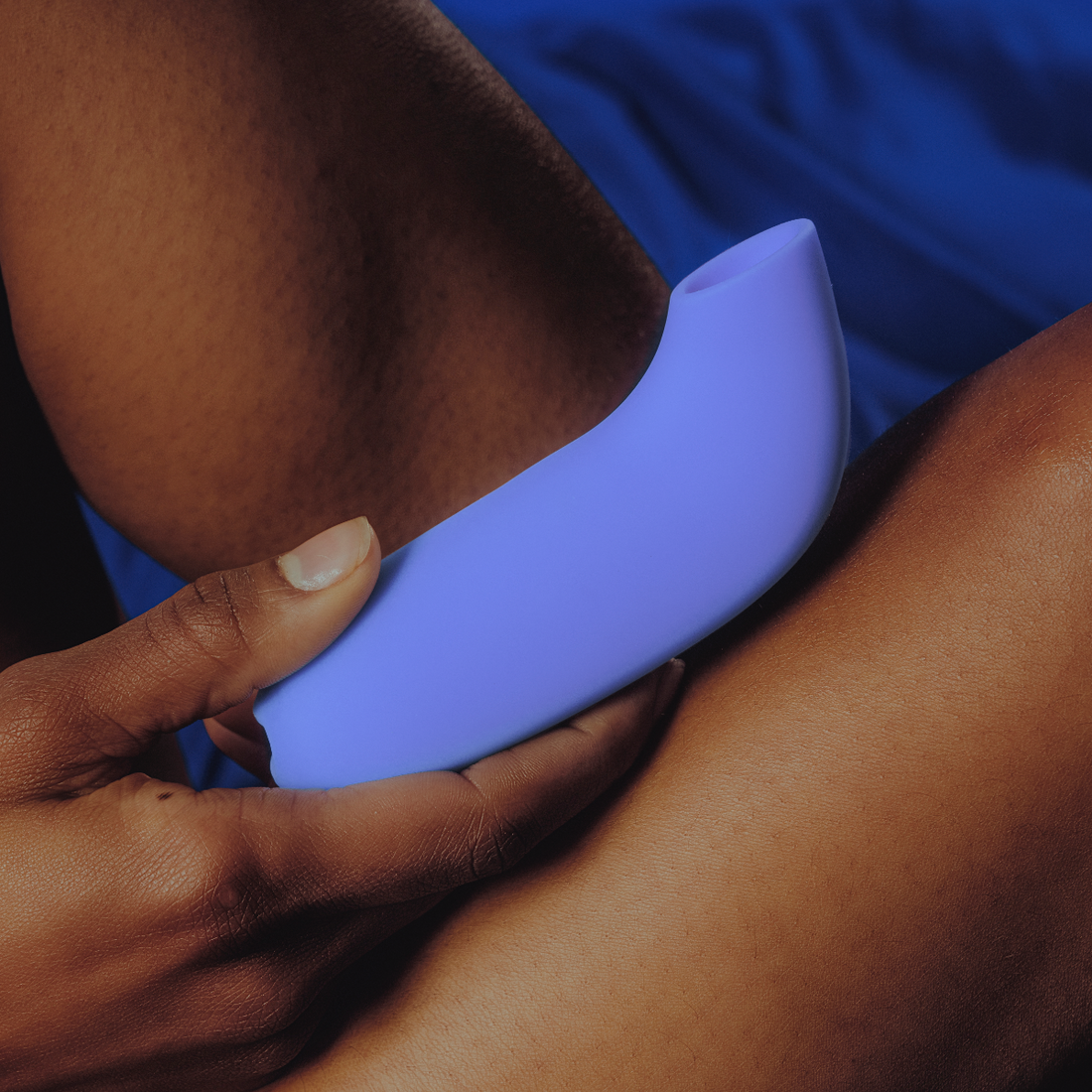“Open communication about how our body, emotions and sexual preferences may evolve with menopause is critical to a satisfying intimate relationship."For my mom, one unexpected side effect of perimenopause was that, after a life of being a sexual person, she just wasn’t anymore. “I really lost my libido during it,” she says. “And I kind of knew that could happen, but I didn’t really think it would happen to me. Sex became somewhat distasteful. All of a sudden I just feel like, ‘Ugh, animals do this.’” Dr. Leslie Meserve, Chief Medical Officer and co-founder of CurieMD, a telehealth platform for menopausal women, says that loss of libido isn’t uncommon for people going through perimenopause. “A lot of women are taught that intimacy and sexual desire withers away in midlife,” Dr. Meserve says. “While low libido is a common side effect of perimenopause and menopause, it is manageable.” So how do you manage it? Let’s take a look at some expert tips about sex during perimenopause and after menopause.
























